The emergence of Japanese animation can apparently be traced back to the early twentieth century, with ‘Katsudō Shashin’ supposedly being the earliest piece of work of the art form. Although short films from the era like ‘Namakura Gatana’ still survive to this day, it was only in the 1960s that the revolutionary work of Osamu Tezuka truly gave it the push it needed to garner global attention. In the following decades, countless movies and series of different genres have been made that have left an indelible mark on the viewers and the entertainment industry at large.
Although an overwhelming majority of them have straightforward and conclusive endings, every once in a while, there comes one show/film that perplexes the audience and leaves them scratching their heads. Here’s a list of 10 anime with the most confusing endings. You may find some of them on Netflix, Hulu, Crunchyroll, Funimation, or Amazon Prime.
10. Texhnolyze (2003)
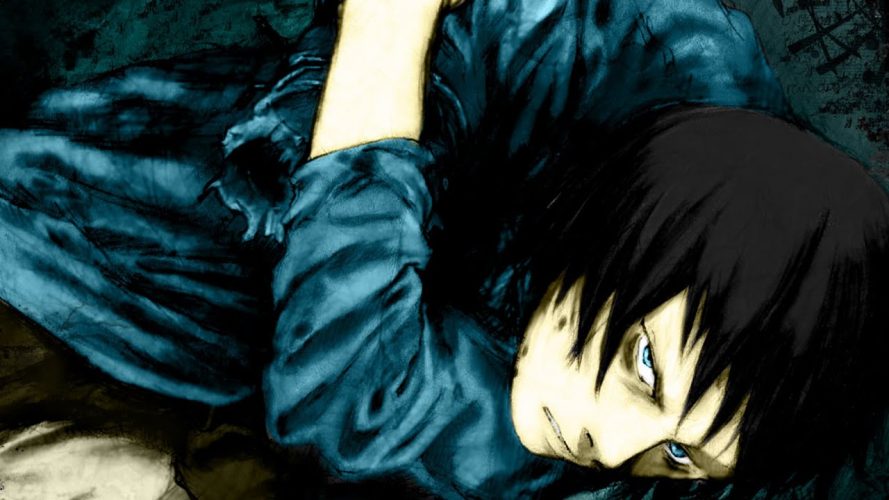
‘Texhnolyze’ is an experimental anime series directed by Hiroshi Hamasaki which recounts the story of a dystopian underground city where different factions fight against one another for control. By the end of the show, Ichise, the protagonist, is left to die along with the entire human race underground. In the final scenes, Ichise can be seen smiling, looking at a flower, supposedly happy that the horrific life is finally coming to an end.
But what about those who live on the surface? Are they even people? If yes, then are they alive, or did they face a similar fate as those who live underground? The show ends with a lot of unanswered questions, and it would not be a stretch to say that the fans are justified if they are frustrated by how things eventually turn out.
9. Future Diary (2011 – 2012)

Based on Sakae Esuno’s Japanese manga of the same name, ‘Future Diary’ or ‘Mirai Nikki’ is a supernatural psychological thriller series that revolves around a teenager named Yukiteru Amano and his struggle to save the world from the apocalypse with the help of his phone that can predict the future up to ninety days. Although he eventually succeeds in his ambitious mission and becomes a god, in the post-credits scene, it is revealed that only he has survived, and the show ends on an ambiguous note with the final entry in his diary depressingly revealing that Yuno came to meet him sometime, opening up a plethora of possibilities, that can make anyone pull their hair out in frustration.
8. Mawaru Penguindrum (2011)
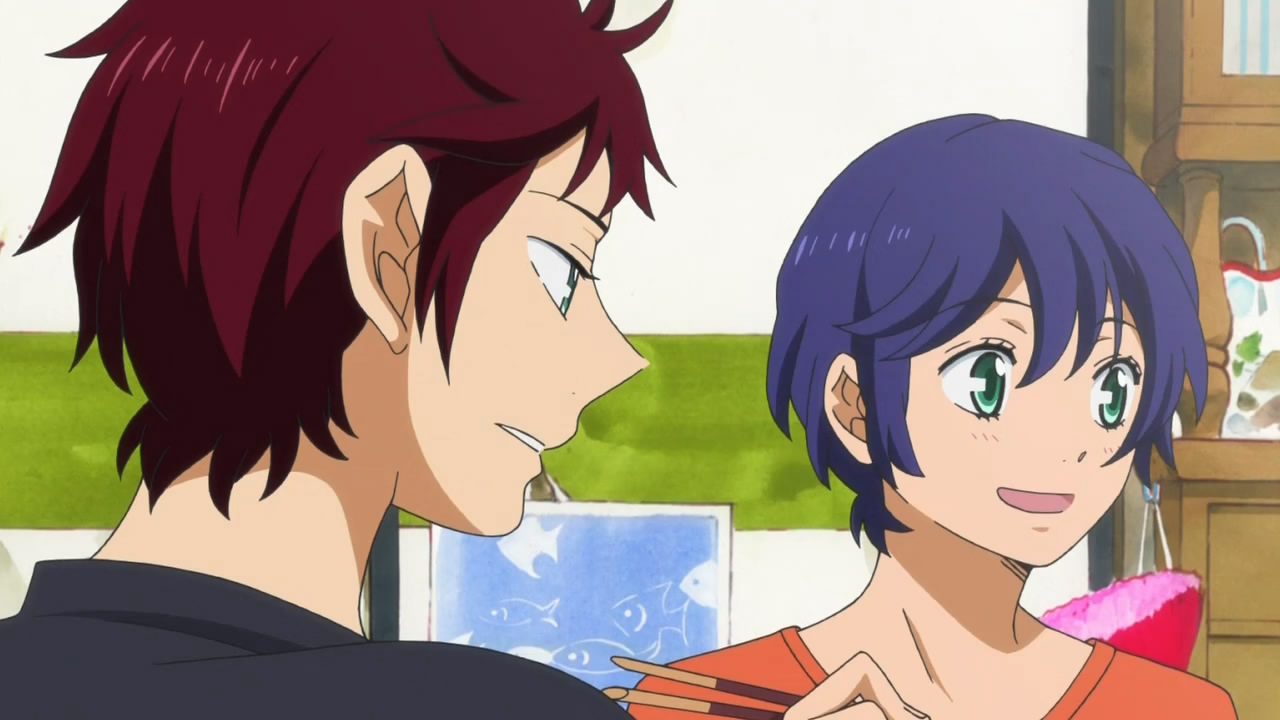
Created by Kunihiko Ikuhara, the supernatural mystery anime has a complicated plot with a puzzling motif at its center that perplexes the viewers throughout its 24 episode run. Even the final episode does not help clear things up at all, and one can make the case that it is confounding. Shouma and Kanba sacrifice their lives to save others, but it calls into question the most confusing aspect of the entire premise — who was the sacrifice made to? Was it a god or some cosmic power? Are there any forces in the story that can be described as godlike? As if the premise itself was not complicated enough, the symbolism only makes the series even tougher to grasp.
7. Serial Experiments Lain (1998)
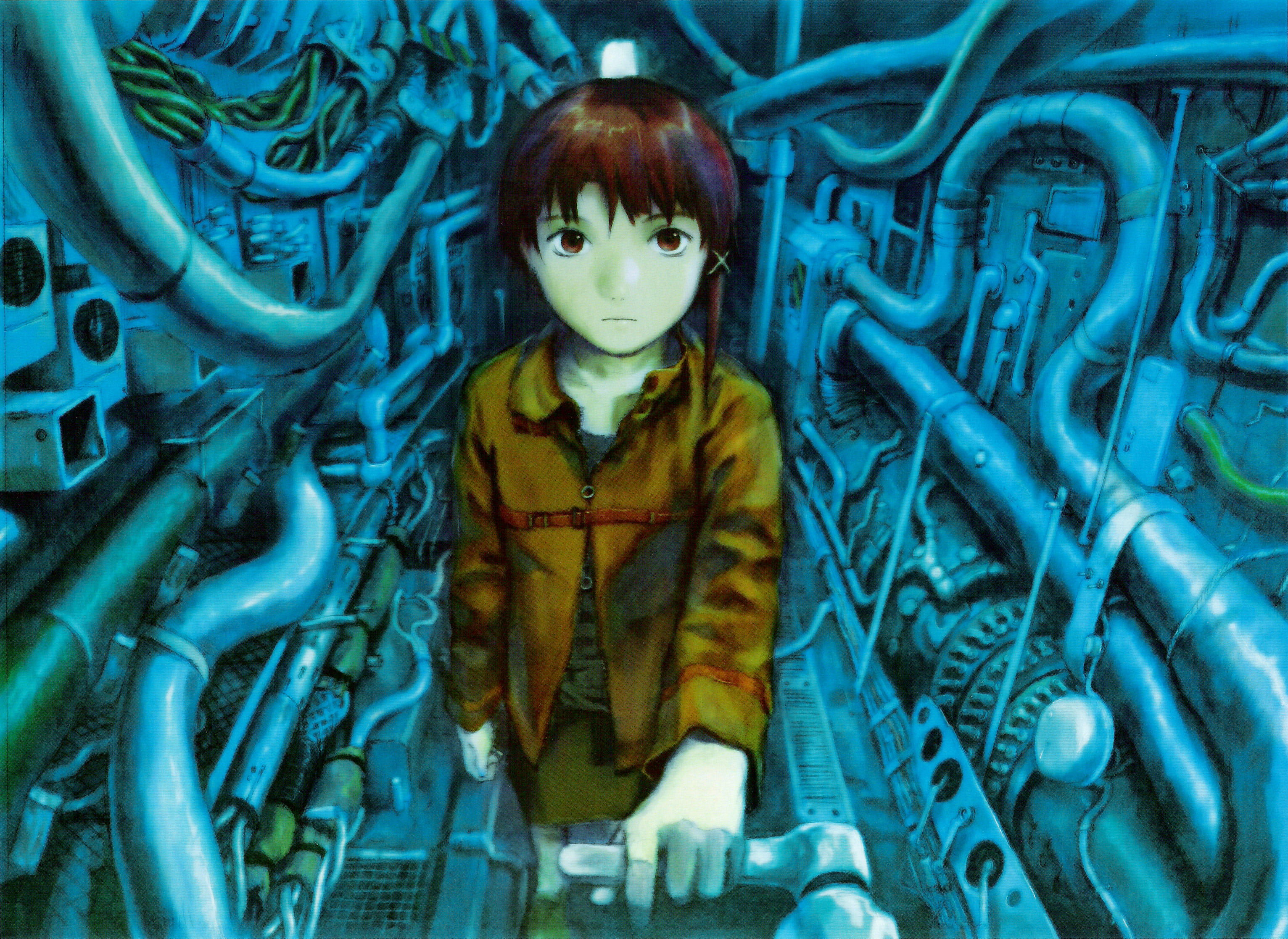
‘Serial Experiments Lain,’ even decades after its premiere, is regarded as a classic and one of the best anime ever made. Its convoluted narrative looks at complex ideas like solipsism, free will, non-linear causality, and much more. Just like every single episode that is loaded with a plethora of complex concepts, the ending also manages to leave viewers scratching their heads.
Lain, the protagonist, resets the world at the end by reshaping everyone’s memory, but it stands in contradiction with factors that create the situation in the first place. Thus, everything that Lain re-creates must therefore be destroyed as well, but that does not happen. The inherent contradiction in the plot has perplexed many viewers over the years, and it continues to be a hot topic among the fandom.
6. Guilty Crown (2011 – 2012)
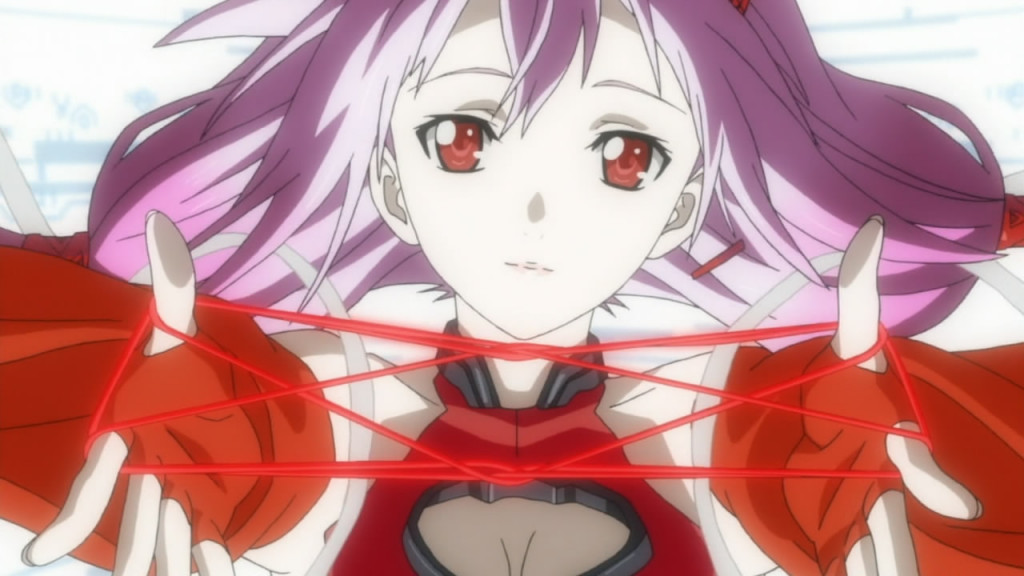
Produced by Production I.G, the dystopian political thriller follows a high schooler named Shuu who comes to possess an ability called the Power of the King that allows the wielder to draw out voids from other people. After a part of a long and tiring struggle between a rebel organization called Funeral Parlor and GHQ, a quasi-governmental organization, the protagonist ends up absorbing the Apocalypse virus using void in the climactic final battle to save his friend named Inori.
However, before anything happens to him, Inori bravely sacrifices her own body to kill herself. But for some strange and inexplicable reason, Shuu ends up losing his sight. Although the series apart from that is pretty conclusive, the protagonist’s blindness continues to puzzle a lot of fans to this day.
5. Code Geass: Lelouch of the Rebellion (2006 – 2008)
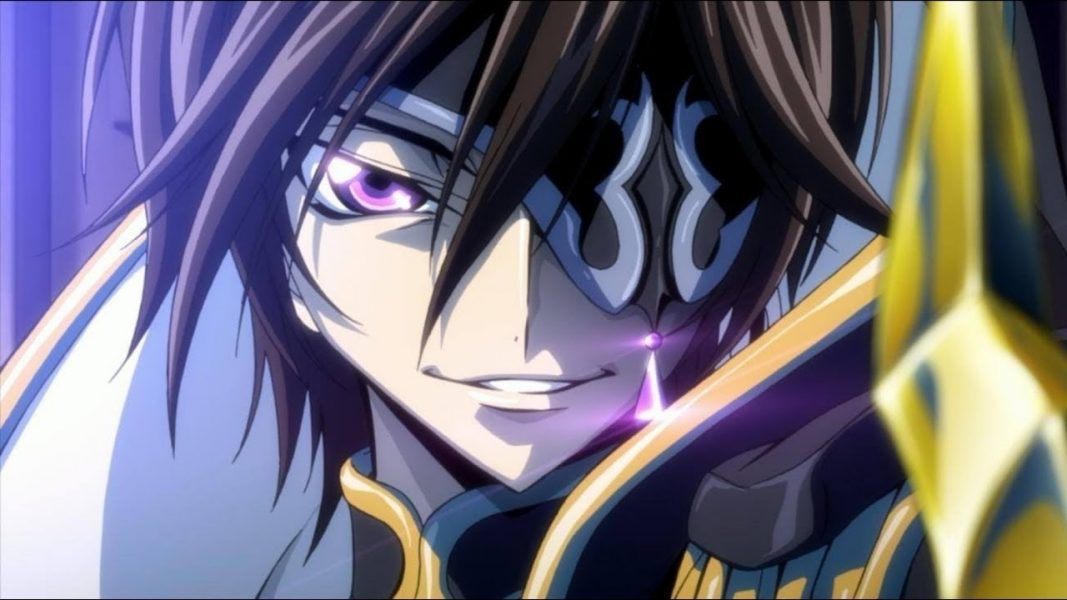
The science fiction mecha anime revolves around Lelouch vi Britannia, the exiled prince of Britannia who, in his pursuit of avenging her mother’s death, supports the Japanese resistance movement against Brittania disguised as Lelouch Lamperouge. Over the course of the series, his identity is revealed, and by the end, everyone turns against him. However, with his friend Suzaku’s help, he comes up with a self-sacrificial plan in which he would be killed after taking over the Empire so her sister can become the rightful heir to the throne, while the hatred for him unites political enemies.
Although his plan goes as he has thought, the power of the Geass and the Code should technically make him immortal, so how did he die? This has been a burning question among the fans that have been debated thousands of times on online forums, but his death still remains a puzzling part of the plot for the viewers.
4. Ghost In The Shell (1995)
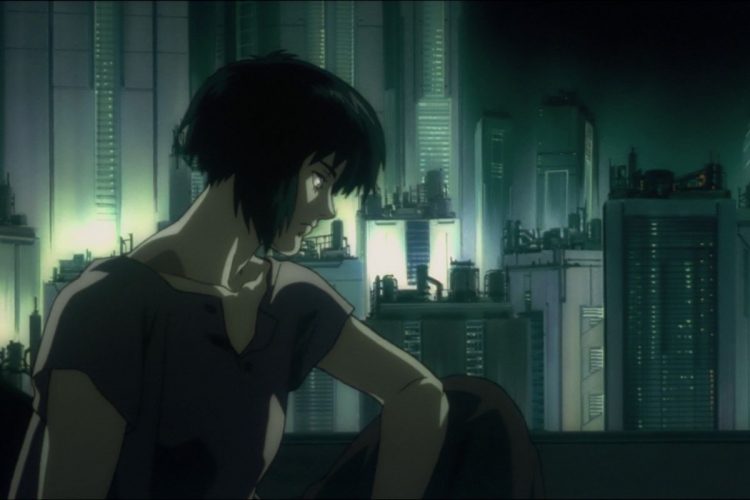
Directed by Mamoru Oshii, the neo-noir cyberpunk thriller film ‘Ghost In The Shell’ is based on Masamune Shirow’s manga that serialized in Kodansha’s seinen manga magazine Young Magazine Kaizokuban in the late 80s. The film is heavily influenced by the nature of consciousness, sociological issues, philosophy, and the consequences of technological advances. It revolves around a cyborg public-security agent named Motoko Kusanagi and Puppet Master, a mysterious hacker who needs to be killed off for peace and the greater good of the world.
The information security and intelligence department named Public Security Section 9 believes that the only way to defeat the antagonist is to merge his ghost with Major Kusanagi’s. In the end, the two reproduce, but the offspring is neither Motoko nor Puppet Master, leading to the ambiguous ending where technically, the antagonist still lives on in some form through his child.
3. Steins; Gate (2011)
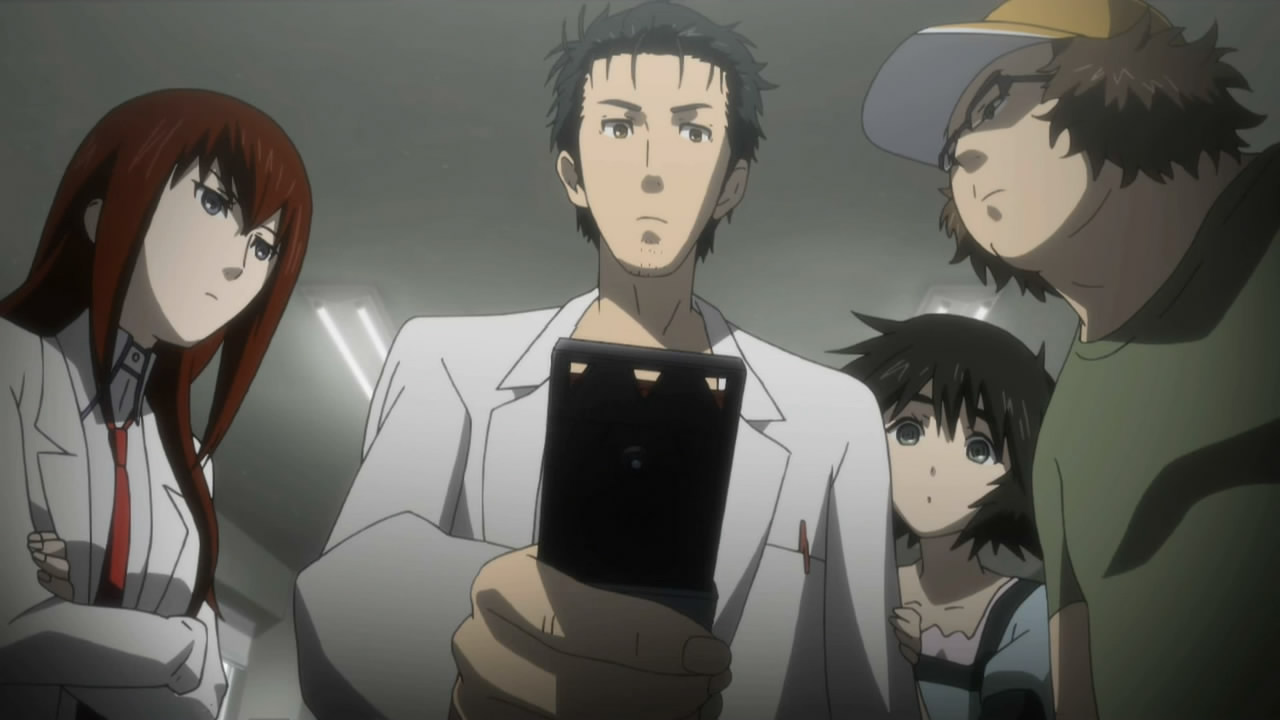
Animated by White Fox, ‘Steins; Gate’ needs no introduction as it is considered the greatest science-fiction anime of all time. However, regardless of its popularity, there is no dearth of confused viewers who truly fail to grasp its complicated conclusion. Okabe’s (the self-proclaimed mad scientist) bid to make a time machine pays off, but his constant interference with past timelines puts him in a conflicted position where he has to choose between saving the life of his friend Kurisu or Mayuri. Although he succeeds in saving the latter in the same timeline, what about Kurisu? Does D-mail’s that he sends into the past manage to keep her in the same timeline as well, or is the Okabe that meets her, in the end, from the Beta timeline?
2. Paprika (2006)
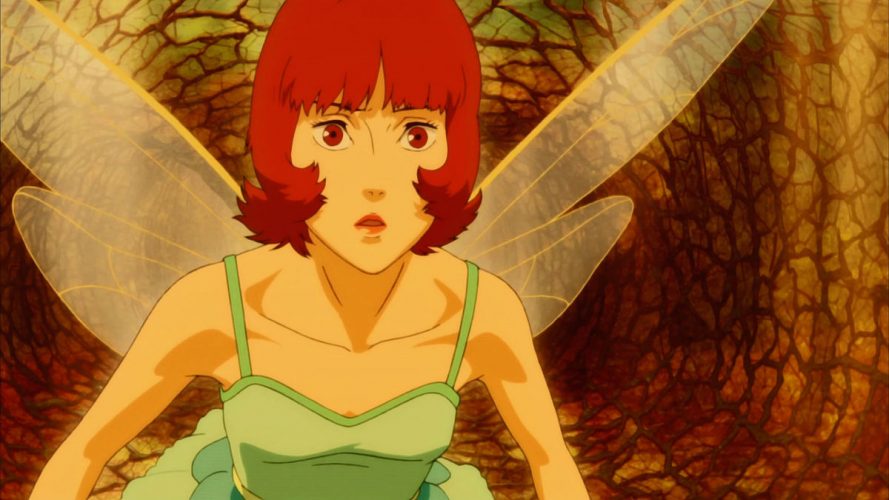
The science-fiction psychological thriller ‘Paprika’ is based on the 1993 techno-thriller novel of the same name by Yasutaka Tsutsui. Over the years, several viewers have claimed that anime has inspired ‘Inception.’ Although there are no ways to verify this, it is beyond doubt that both movies have a complicated narrative with an equally confusing and somewhat similar ending.
The film is set in the near future, where some research psychologist has got their hands on a newly developed device that allows them to see other people’s dreams. Chiba is a doctor who tries to help his patients in their unconscious state. Detective Toshimi Konakawa is one of his patients who is struggling with a recurring dream. For the purpose of the treatment of others and Konakawa, he uses his dream world personality named Paprika, but soon the life of some of his patients are made more complicated than before.
The inherent problems of the technology come to the fore forcing the Chairman of the company that makes the device to ban it. However, that fails to solve the problem that is slowly spiraling out of control. By the final moments of the film, things appear to have gone back to normal, and the Chairman has already been stopped.
On Paprika’s suggestion, Konakawa goes to the movie theater to watch a film named ‘Dreaming Kids.’ But the continued alteration between the dream world and the real world ultimately comes to the point that it’s hard to tell if things are real or not. The ending of the anime movie, quite like ‘Inception,’ baffles viewers and makes them scratch their heads as one can’t truly fathom if the characters are still in a dream or are living their normal lives.
1. Monster (2004 – 2005)
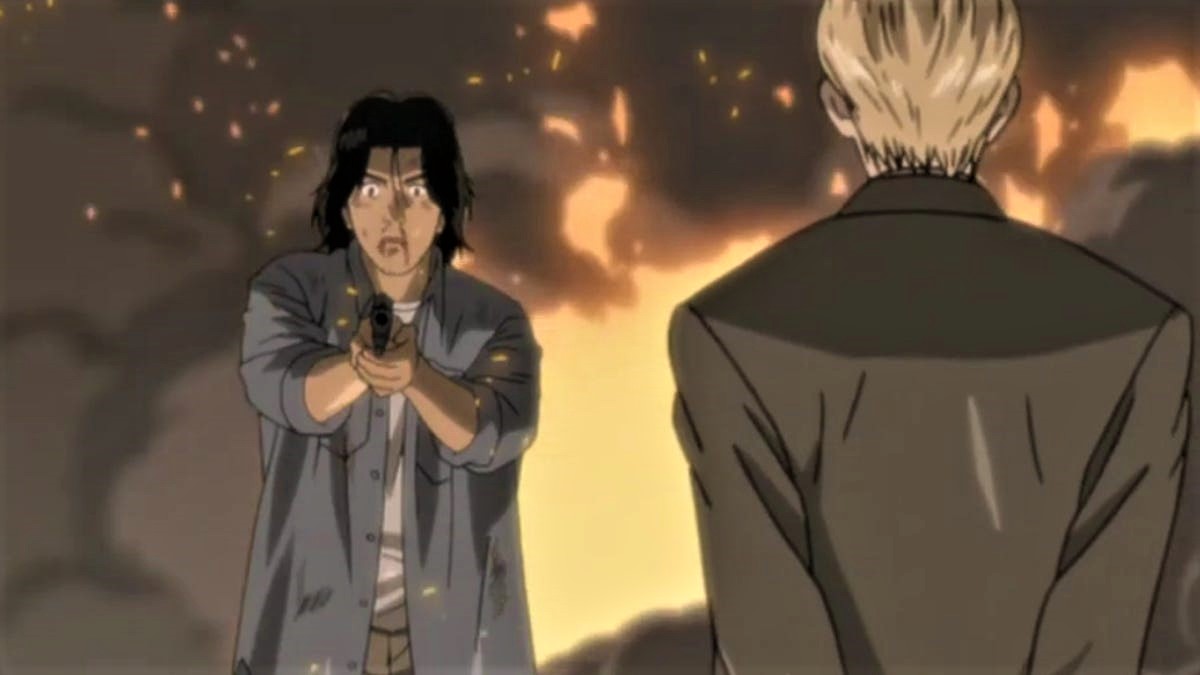
Based on musician and manga artist Naoki Urasawa’s 18 volume manga series first published in the early 90s, ‘Monster’ tells a riveting tale of redemption, murder, and mystery that can keep viewers on the edge of their seats. Tenma, an idealist, saves the life of a young boy named Johan, unaware that he will go on to become a serial killer. His stubborn desire to redeem himself ultimately leads him on the path that Johan has ingeniously paved to be ultimately killed by his savior, which he calls the “The Perfect Suicide.”
However, by the time the story approaches its end, Tenma comes to the realization that there may be hope for Johan’s reformation considering his cruel past. When the plan of his perfect suicide in a small German village is fouled, Johan ends up in a hospital where he again disappears without any trace, just like he did several decades in the past before going on a murderous rampage.
Although his disappearance can be interpreted in different ways, Naoki Urasawa has ingeniously set things up in a manner that people’s perception of human nature ultimately colors their version of the show’s ending. An idealist may make the claim that Johan will undergo reformation because of the unexpected forgiveness he receives earlier, while a realist may argue that he will run around murdering people all over again. Regardless of your interpretation of Johan’s disappearance, it’s safe to say that the series ends on a puzzling note.
Read More: Best Anime Shows

You must be logged in to post a comment.